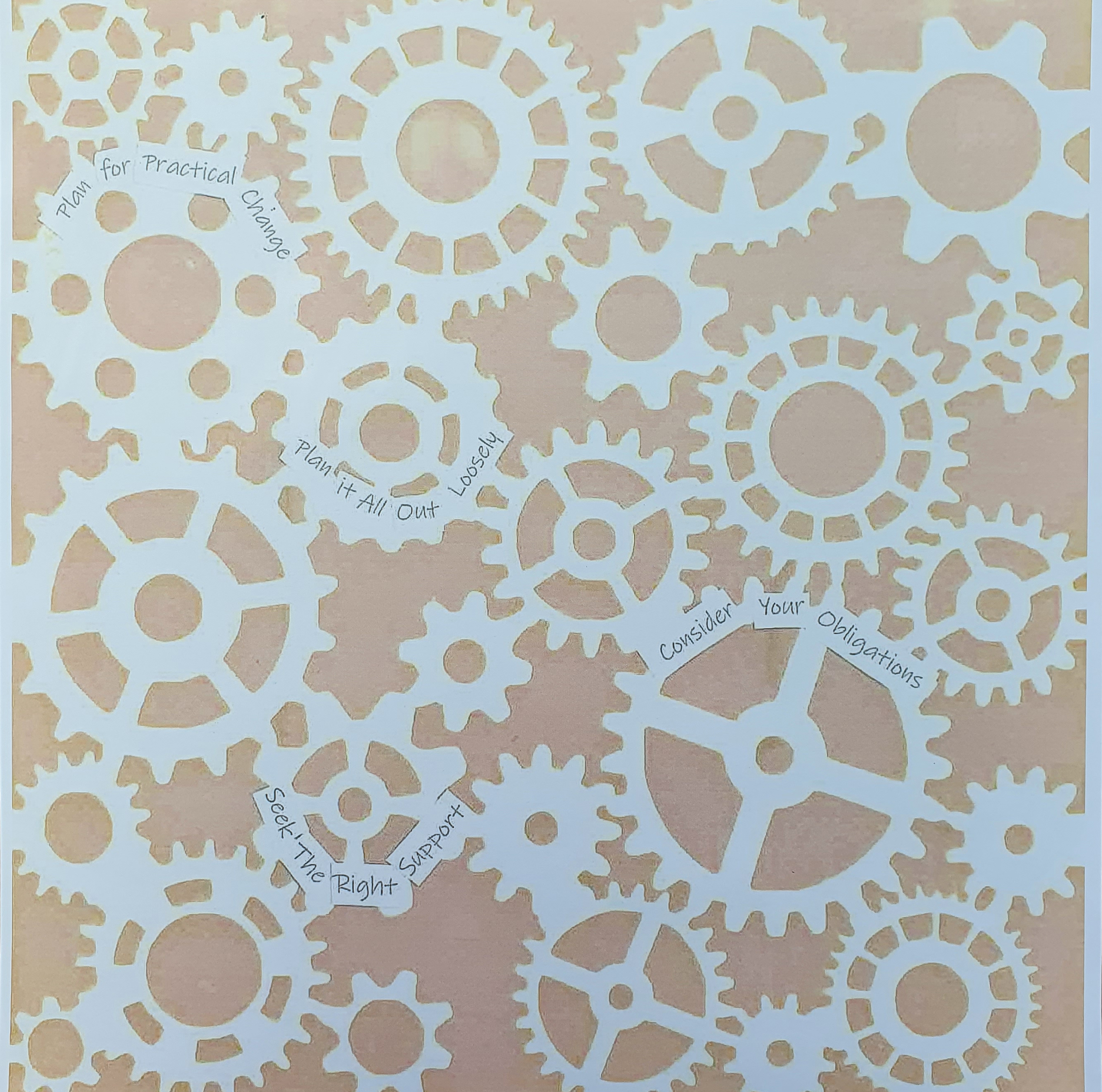The new year is the absolute perfect time for change.
As we wave goodbye to the 12 months that have just been, everyone is looking forward to what the next 12 will have in store.
While there are some things that we can’t have control over (like the fallout and health measures related to a certain virus), there are plenty of things we can control.
Often, the new year is a time for goal setting.
But, as these resolutions are set in the haze of long summer days and new year motivation, we don’t always stick to them as much as we should!
So, how can you make the change stick and create some great time management and organisational strategies that will help you tackle your provisional teaching obligations in the coming months?
Well, the first step is to read this article as I’ve got lots of great tips to make your goals stick this year!
New Year, New Organisation & Time Management Strategies
Plan For Practical Change
New Year’s resolutions often involve sweeping statements like turning your life around, overhauling your diet and sleeping schedule, getting more done, and knocking bad habits on the head.
It’s no wonder we run out of steam to keep it up after a few short weeks!
The key to succeeding with your goals is not trying to transform every aspect of your life at once. You want to plan for practical and manageable changes instead. If you make your changes small and incremental, then you are giving yourself a greater chance of actually sticking to it.
For example, if you are trying to burn the candle at both ends by literally burning the midnight oil at midnight, then you need to change your sleep schedule. But, if you try and go to bed at 9pm after being used to turning in at midnight, the chances of your falling asleep then are pretty slim!
Instead, try going to bed 10-15 minutes earlier each week to gradually shift your body clock.
The same goes for time management and organisation. If you are not a naturally organised person, you aren’t going to be able to adopt a strict schedule from day one. So, start small. It might be that you choose 10 minutes in the morning to plan out your day or week ahead. Once you have that nailed, add in another aspect to focus on.
Consider Your Obligations
We can plan, and plan, and plan, but if you don’t consider your existing obligations first, all those plans will be out the window on day one!
So, when you are trying to get your time management and organisation sorted, think about all the other commitments in your life. This is everything from your work, mentee provisional teaching obligations, family commitments, community involvement, and even social engagements.
By factoring all these things in, you will have a really good idea of what you are trying to fit into each day. This allows you to realistically plan what you can actually achieve without setting yourself up to fail by overloading your schedule.
If you already have a really full week coming up, don’t try and cram more things in. Rather, roll what you can into the following week so that things remain manageable.
Plan It All Out… Loosely
The P word. Yes. If you are wanting to be more organised this year and better with your time management, then a plan is essential to achieving this.
However, in saying that, you don’t need to plan out every minute of your life. Like I’ve already mentioned, you need to be realistic about what you can achieve with everything else you have going on.
Everyone responds differently to a plan. So, you want to create one that is going to work for you. If you are a go-with-the-flow kind of person, then you are going to feel overwhelmed by a strict schedule. Yet, if you like to know exactly what is happening in your week, a more structured plan will work better for you.
Experiment to see what helps your productivity. It might be planning things out in a paper diary or an online equivalent. Maybe you are a mind mapper or a visual planner where images and colours will help you to action your plan. Embrace a planning style that works for you.
Seek The Right Support
Goals, plans and actions are one thing. But, what will you do when the motivation starts to fade? It’s a dangerous position to be in as lack of motivation can really halt the progress on the progress towards becoming a certified teacher.
So, along with your plans, you need to include some super support. You are likely to find your first tier of support from the mentor at your Centre. But, it is also helpful to have a support person in your family or social network who you can discuss personal aspects with.
On top of that, it can be very valuable to have an objective mentor with an educational background. Sometimes, you may need a little extra help to meet the requirements set out by the Teaching Council.
Or maybe you’re feeling overwhelmed and want to talk to someone neutral who understands your journey.
If you do feel like you need some guidance or support, Stepping Forward to Success is here to help.
I provide mentorship to provisional teachers in a variety of different ways. I offer educative and supportive mentoring that can supplement what you receive within your centre.
Call me for a no-obligation chat or click here to discover more about my specialised Kete Ako programme for Provisional Certified Teachers today.

